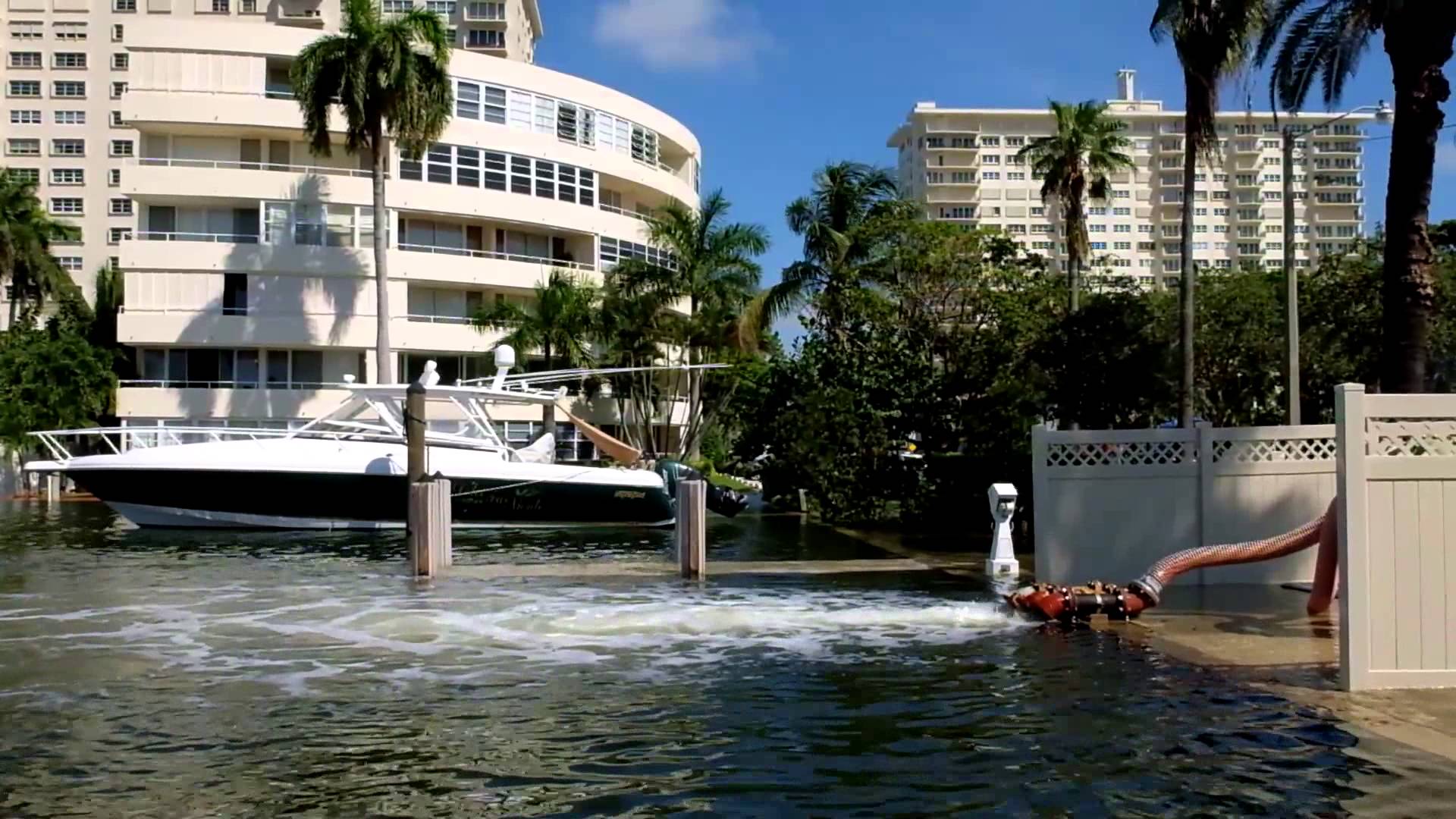
Where is the Compassion in Homeless Policy?
For all the positive steps that cities are taking to affordable housing policy and programs, there is another level of housing that government too often does not handle well: housing and other programs for the homeless. Homelessness is a politically tricky and sensitive subject for elected officials. Emotionally, charitably, I think everyone wants to do the “right” thing and assure that as few people as possible are homeless. However, this is a NIMBY issue which makes homeless decisions difficult for elected officials at all levels.
Ft. Lauderdale is faced with yet another homeless crisis and its mayor, city commission, city manager and police department have recently handled the problem badly. For many years, a homeless encampment has existed in Stranahan Park, a small city park in downtown Ft. Lauderdale adjacent to the main branch of the county library. About 40 people live in and around the park. The homeless have, to the city’s dismay, expanded onto city sidewalks. City residents and business owners have complained for years. The camp residents use the library’s bathroom facilities and sit in the library during the day to cool off and use the computers.
In the middle of May, the city reported itself to the Broward County Health Department about potential health violations in the park, primarily the presence of rats. The health department inspected, and though it did not observe any rats, found conditions that could create a “harborage for rats”. The health department issued a notice of violation to the city on May 18th. The mayor directed the city manager to take action. The city’s response was not exactly “proportional”.
On May 19th, without notice to the residents of Stranahan Park, the city raided the homeless camp. Ft. Lauderdale police arrived with bull dozers, garbage trucks and blue bins. Residents who were on-site were given but a few minutes to put their possessions in the blue bins. The bins were then seized and stored by the city. Everything else was seized and destroyed. Residents who were not on-site had no opportunity to save their property. People lost everything they had; clothes, bedding, eyeglasses, medication, family heirlooms. The residents were evicted from the park.
Last week, the ACLU and the Southern Legal Counsel filed suit in Federal Court on behalf of 16 of the residents of the camp alleging violations of the 4th (unlawful seizure) and 14th (due process) amendments.
Following the raid, Ft. Lauderdale arranged for housing for 34 of the camp residents in a local motel for 1 week. However, since then, many of the former residents have found their way back to Stranahan Park. Though the park remains closed, the former residents are staying on the side walks surrounding the park. So, what did the city’s action accomplish?
The raid was reaction to residents NIMBY complaints, not thought out homeless policy. Ft. Lauderdale, like most cities, relies on non-profits to provide services for the homeless. In fact, there are over 800 beds for homeless within 2 miles of Stranahan Park provided by Salvation Army, Broward County Partnership for the Homeless, Broward Central Homeless Assistance Center and Hope South Florida and others. Most, if not all of these beds are full any given night and most are allocated on an “emergency” basis. These beds also come with other services for the homeless so perhaps those living in Stranahan Park would not qualify for the beds, or do not want the services that come with the beds – which brings us back to threshold question: shouldn’t state and local governments adopt comprehensive and compassionate policy for the homeless? To me, the answer is obvious. Absolutely.




No Comments
Sorry, the comment form is closed at this time.